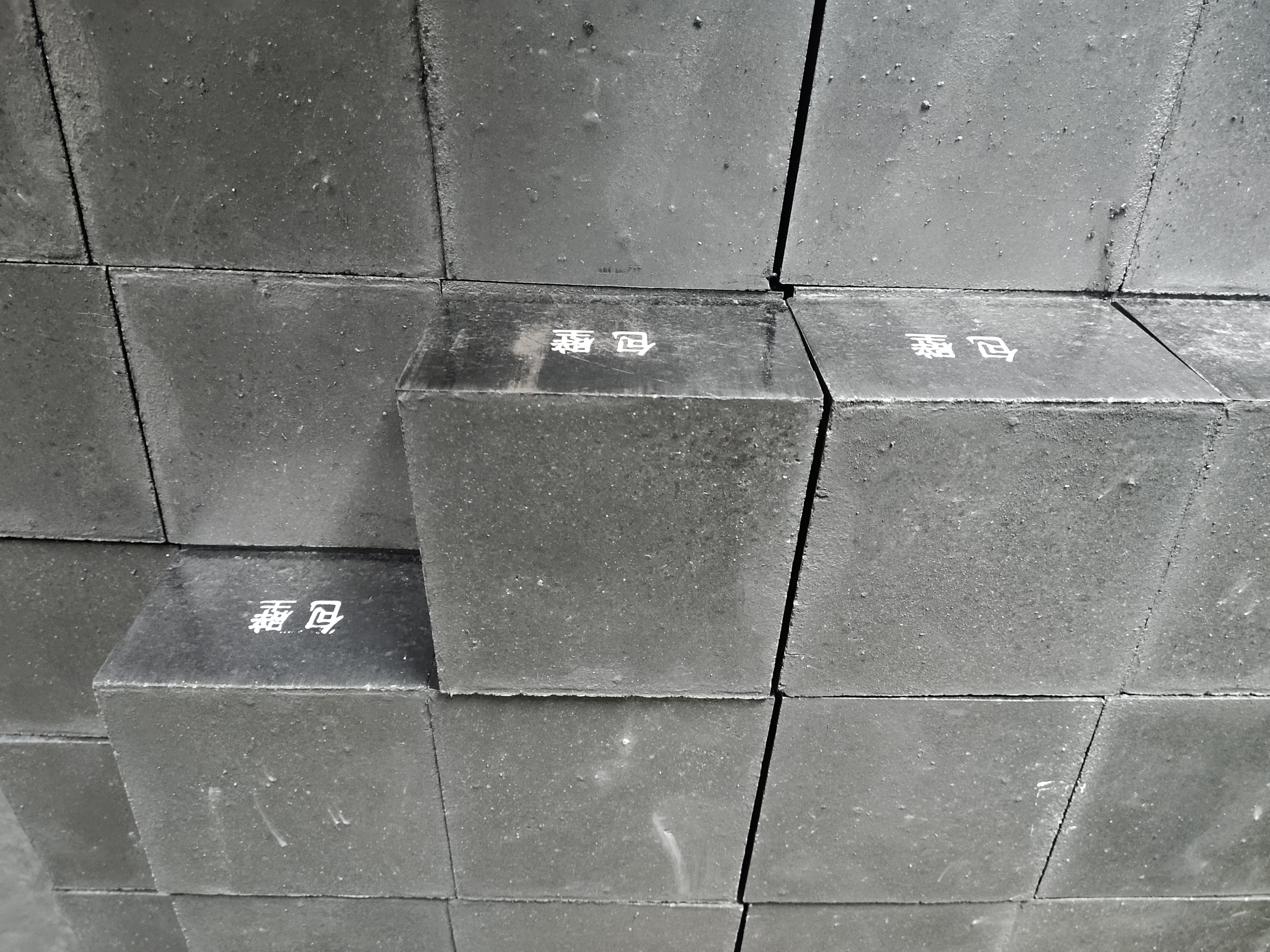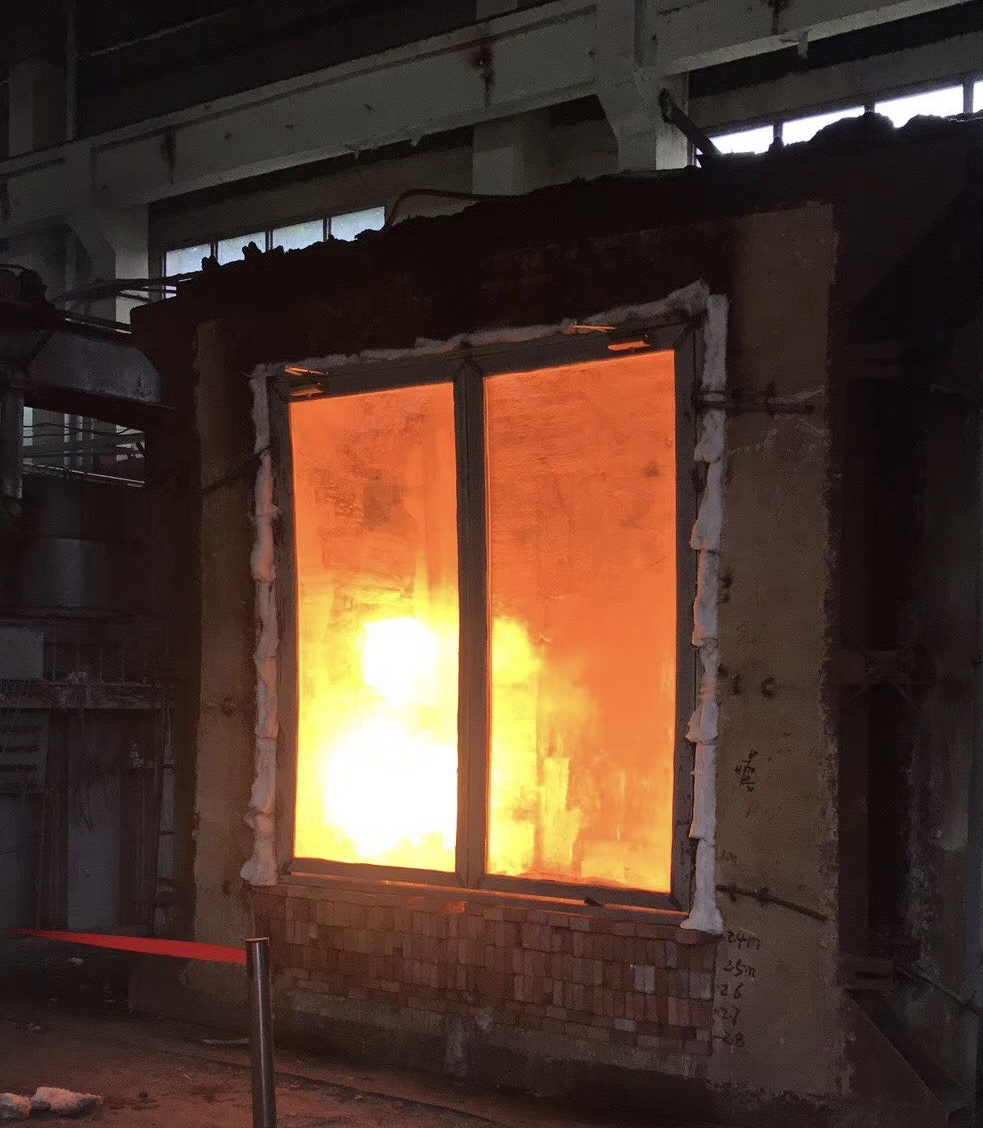Why Silicon Carbide Refractory Brick Outperform in Glass Kilns (Case Study)
Glass kilns operate in some of the most demanding conditions in industrial manufacturing, with temperatures exceeding 1,600°C, constant contact with molten glass, and aggressive chemical reactions. For decades, glass producers have struggled with refractory failures that disrupt production and increase costs. However, Silicon Carbide Refractory brick have emerged as a game-changer, consistently outperforming traditional materials in glass kilns. This case study explains why.
The Unique Challenges of Glass Kilns for Refractories
Glass kilns present a trifecta of challenges for refractories: extreme heat, chemical corrosion, and mechanical abrasion. Molten glass, rich in silica and alkalis, readily reacts with refractory surfaces, causing erosion and contamination. Additionally, the rapid temperature cycles during kiln startup and shutdown create thermal shock, which can crack weaker materials. Traditional refractories like fire clay bricks or alumina bricks often fail within 6–12 months in these conditions, leading to frequent replacements and unplanned downtime. For glass manufacturers, finding a refractory solution that can withstand these challenges is critical to maintaining efficiency and product quality.

How Silicon Carbide Refractory Brick Excel in Glass Kilns
Silicon Carbide Refractory brick are engineered to address the specific demands of glass kilns. Their unique properties make them far more durable than conventional options:
· Exceptional Thermal Conductivity: Silicon Carbide Refractory brick efficiently distribute heat, reducing hot spots that cause uneven glass melting and refractory degradation. This property helps maintain consistent temperatures throughout the glass kiln, improving product quality and extending refractory life.
· Superior Corrosion Resistance: The chemical stability of Silicon Carbide Refractory brick makes them highly resistant to attack by molten glass and its byproducts. Unlike traditional refractories, they do not react with silica or alkalis, preventing erosion and contamination of the glass batch.
· High Thermal Shock Resistance: Silicon Carbide Refractory brick can withstand rapid temperature changes without cracking, a vital trait in glass kilns where heating and cooling cycles are frequent. This resistance minimizes spalling and extends the time between replacements.
· Abrasion Resistance: The dense structure of Silicon Carbide Refractory brick stands up to the mechanical stress of moving glass and stirring equipment, reducing wear in high-contact areas like throat sections and stirrer zones.

Case Study: A Glass Manufacturer’s Success with Silicon Carbide Refractory Brick
A leading European glass manufacturer specializing in container glass faced persistent issues with their glass kiln refractories. Their previous alumina bricks required replacement every 8 months, causing costly downtime and inconsistent glass quality due to refractory contamination. In 2023, they switched to Silicon Carbide Refractory brick in critical areas of the glass kiln, including the throat and working ends.
The results were transformative. The Silicon Carbide Refractory brick showed minimal wear after 18 months of operation—more than double the lifespan of the previous alumina bricks. Downtime for refractory replacements dropped by 60%, and glass defect rates due to contamination fell by 45%. The manufacturer estimated annual savings of over €200,000 from reduced maintenance costs and increased production time.
“Silicon Carbide Refractory brick have revolutionized our glass kiln operations,” noted the plant manager. “We no longer worry about unexpected failures, and the consistency of our glass products has improved significantly. The investment in Silicon Carbide Refractory brick has paid for itself within the first year.”
Conclusion: Silicon Carbide Refractory Brick Are the Future for Glass Kilns
This case study highlights why Silicon Carbide Refractory brick are becoming the standard in glass kilns. Their ability to resist corrosion, thermal shock, and abrasion directly addresses the key challenges of glass manufacturing, leading to longer service life, reduced downtime, and better product quality. For glass manufacturers looking to optimize their operations, Silicon Carbide Refractory brick offer a clear solution that delivers both immediate and long-term benefits. As the industry continues to demand higher efficiency and quality, Silicon Carbide Refractory brick will undoubtedly play an increasingly vital role in glass kiln performance.
Inquiry Now
Please leave your e-mail and we will contact you as soon as possible
contact us
Your satisfaction is our top priority. Whether you have questions, need support, or want to share feedback, our dedicated team is ready to assist you every step of the way.